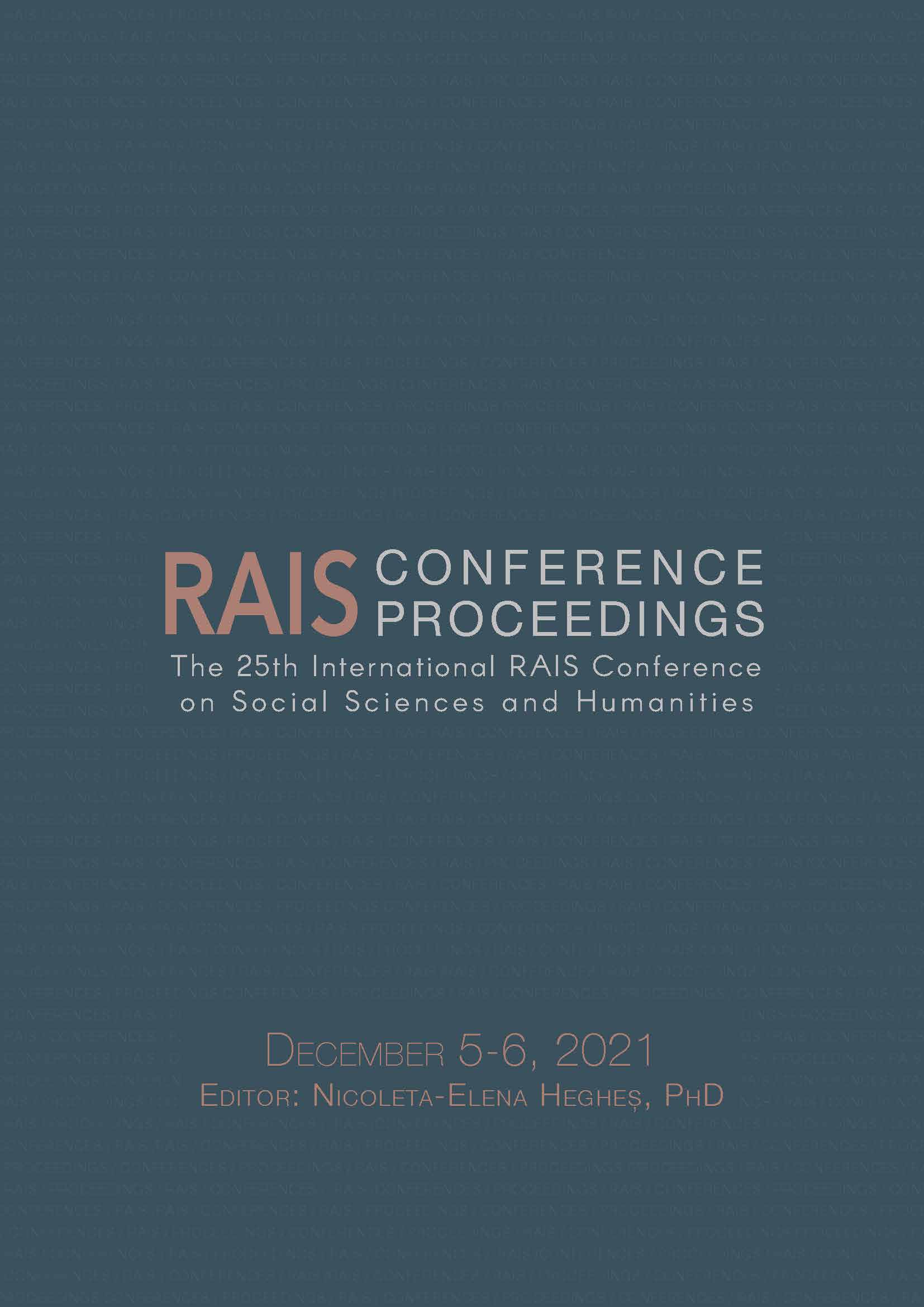A Comparison of the Church-State Relationship as seen by Catholics, Luther, Zwingli and Calvin, and the Anabaptists during the Reformation
A Comparison of the Church-State Relationship as seen by Catholics, Luther, Zwingli and Calvin, and the Anabaptists during the Reformation
Author(s): Otinel Murza
Subject(s): Sociology of Religion, History of Religion
Published by: Scientia Moralitas Research Institute
Keywords: State; Church; State; Church relationship
Summary/Abstract: The history of the Church and countries with a majority Christian population is dotted about with good or bad opinions on the role of the Church in relation to the government or the State. Sometimes the Church is accused of interfering with the government or local authorities over issues that should be only under the State jurisdiction. Some Christians would consider it a normality because they see God as a supreme King over the whole world, and therefore his will stated in the Bible should be made law and prevail in every country. On the other hand, secular people oppose such ideas and try to exclude any ties of the Church in politics, economics, and social life. From Constantine the Great to medieval Europe, there was a constant tension between the secular kings and the popes or the Church leaders. Some popes were able to make kings submit under the Church leadership. Should this be normality nowadays? Are there any models that can shine a light on that? During the Reformation, the tension between Church and State leaders and princes came to a new climax. This study focuses on comparing the Church-State relationship as seen by Catholics, Luther, Zwingli, Calvin, and the Anabaptists during the Reformation. Did the reformers touch only the spiritual side of the European society or also its social, economic, and political side? So, is it worth letting or encouraging the Church to get involved in the affairs of the State? If yes, are there any models that our contemporary society should copy?
Book: Proceedings of the 25th International RAIS Conference on Social Sciences and Humanities
- Page Range: 89-98
- Page Count: 9
- Publication Year: 2021
- Language: English
- Content File-PDF

